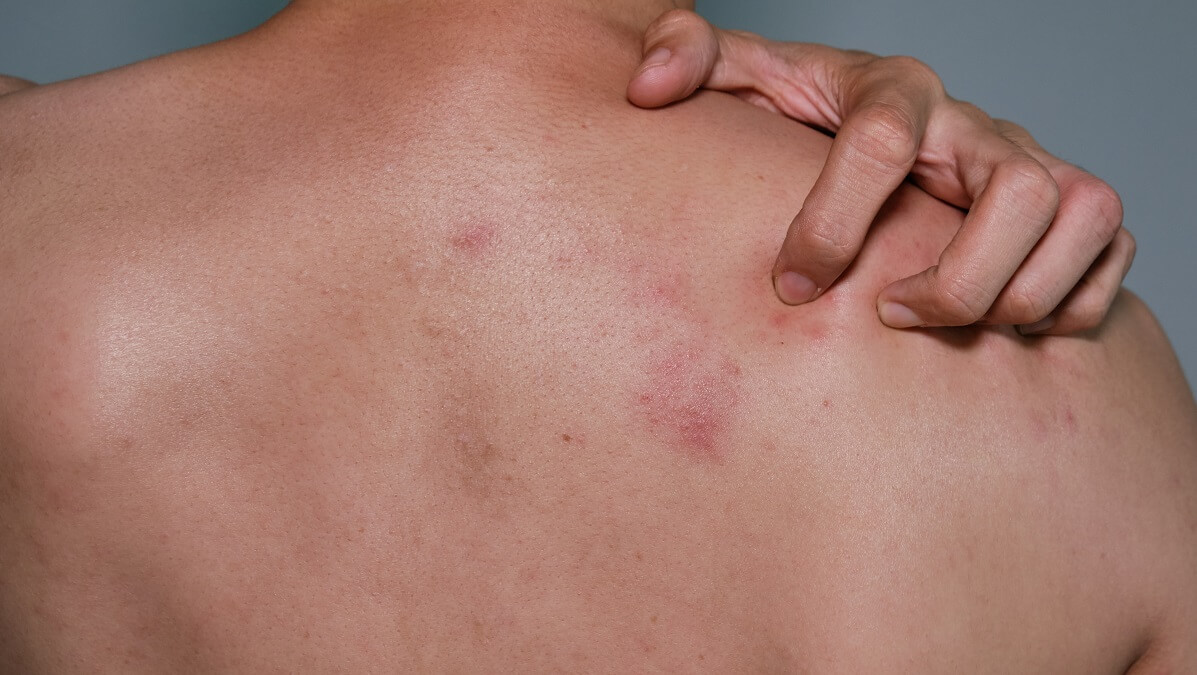The link between shingles and heart problems has been known for some time. But new research reveals that link may be much stronger than previously thought.
Shingles is a viral infection that causes a painful, blistering rash. Around one in three Australians will contract shingles, with the risk increasing with age. The condition is most common in those aged over 60.
The initial shingles rash develops into painful blisters that may also be itchy, usually on one side of the body, concentrated on the face, chest, back, abdomen or pelvis. The blisters can take several weeks to settle.
It is caused by the herpes zoster virus, which is the same virus that causes chickenpox. You can only get shingles if you have had chickenpox.
Read: Older Australians underestimating shingles risk
A link between shingles and heart problems such as heart attack and stroke has been well established.
But a new study from the Brigham and Women’s Hospital in Boston reveals that link may be much stronger, and last much longer, than previously understood.
The study, published in the Journal of the American Heart Association, analysed data from 205,030 adults who participated in three separate, unrelated studies that collected general health information. People with a prior history of strokes or coronary disease were excluded from the research.
Although shingles cases and subsequent coronary events were self-reported, cross-checks with participants’ physicians found the self-reporting was highly accurate.
The researchers found that adults who had had shingles were 25 per cent more likely to develop coronary artery disease and 38 per cent more likely to suffer a stroke.
Read: Heart attack warning signs that could save your life
They also found the elevated risk of heart attack and stroke could last as long as 12 years after a shingles outbreak – much longer than previously thought.
How does shingles affect your heart?
The link between shingles and cardiovascular events may not be immediately obvious, but it’s there. The common denominator is your arteries.
Cardiologist Dr Rigved Tadwalkar told Medical News Today that the herpes zoster virus responsible for shingles is the only known human virus that replicates in the arteries.
“The vasculopathy, or changes in blood vessels, that occur with shingles include arterial wall damage and endothelial dysfunction that disrupts plaque and changes how blood clots,” he said.
“When you take all of these microscopic mechanisms and then couple them with the inflammatory burden that the virus creates, you have a perfect storm [for heart problems].”
Read: Six golden rules to reduce your risk of having a stroke
What can you do?
Fortunately, there are vaccines for shingles, recommended for people aged 50 and over and for immunocompromised people aged 18 and over.
There are two types of shingles vaccine used in Australia.
Zostavax is a more traditional live-attenuated varicella zoster virus vaccine and for a long time was the only shingles vaccine available. Zostavax requires only a single dose.
Since 2017, older Australians have also been able to access Shingrix, which is what’s known as an adjuvanted recombinant varicella zoster virus glycoprotein E subunit (non-live) vaccine. Which is a fancy way of saying it doesn’t contain any live shingles virus, whereas Zostavax does.
The current health advice recommends the Shingrix vaccine over Zostavax for typical immunocompetent individuals.
Have you had shingles? Have you had any heart trouble since then? Let us know in the comments section below.


I had Shingles in 2017 for the first time at age 69 that turned into post herpetic neuralgia – very painful.
I had to wait 2 years before I could have the vaccine, which I did have.
Not aware of any heart problems at this time associated with the virus.
Thanks for the update. It’s worth noting that the new SHINGREX vaccine is not free to users (cost over $240 for each of two doses) but is over 90% effective and lasts for at least 10 years whereas the Zostavax is free for over 70’s but in only around 65% effective and lasts for only 7 years. Which would you choose? And why has the Health Department not made the older vaccine redundant for over 70’s (as has the USA) and applied the discount to the much more effective SHINGREX? Is it yet another example of wealth discrimination in medical services or just the Health Dept being slow out of the blocks?